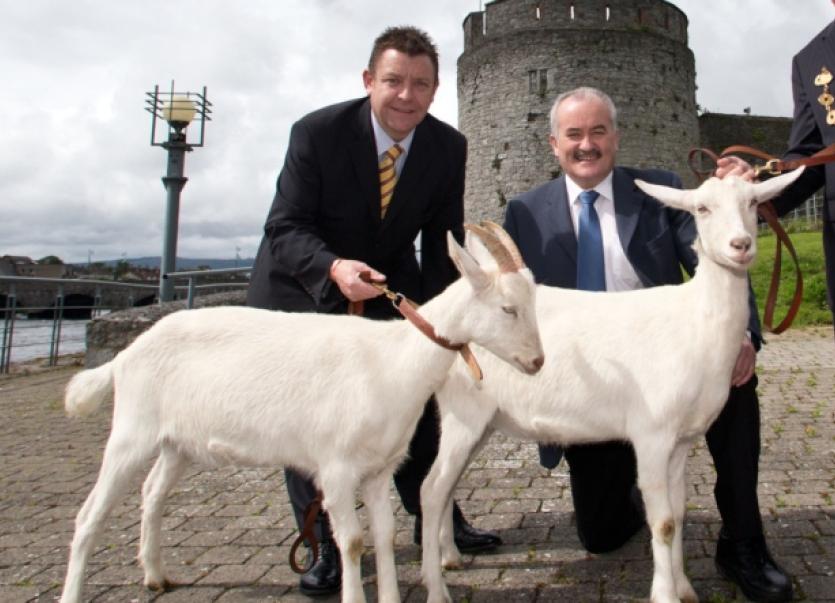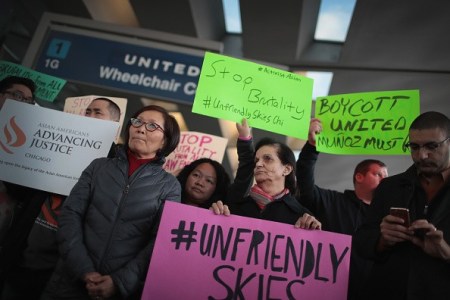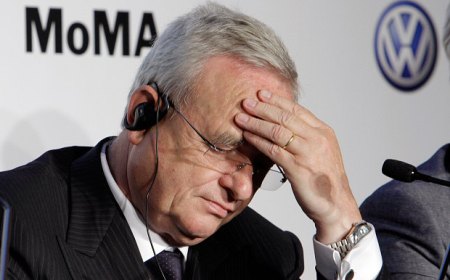
It can be like a drug at times …
You are one of the “brave” ones, one who has a prominent profile and one who has no bother speaking your mind on the public social media platform that we all used to call Twitter.
The fans / supporters / followers like what you said and say “well done, I’d never be as brave as that, I prefer to stay quiet”
Paddy Cosgrave fits the bill perfectly – he is a clear “leader” in the tech world with his hugely successful event ‘Web Summit’, and in many ways he became as prominent as many of the high profile speakers and tech stars who participated in the event.
As an avid Twitter user you couldn’t help but notice Paddy because the algorithms liked the level of interaction with his tweets, which were often controversial. He even resorted to spending money on the platform from time to time “boosting” his posts to make sure even more people saw his posts, which often were airing particular gripes of his about something or another.
The attention drug needed an even bigger audience/fix.
One particular recurring theme with Paddy is his pure hatred of Ireland, the media here and the political establishment. A lot of his time and energy has been spent relentlessly bashing Ireland, a place which despite all of its issues is a pretty good place when you take a breath and compare it to other countries.
I’ve never met Paddy, but with me and others you would talk to, this bashing of our country started to wear very thin and people started to dislike this person that we didn’t actually know.
Without knowing the detail I’ve always understood that at the heart of this Irish bashing was a deep anger because he felt that Ireland didn’t do enough for him and his event to keep it on these shores.
Paddy also spent some time doing some investigative work “naming and shaming” various accounts on Twitter for one reason or another. At one point I recall getting a crisis communications enquiry from a potential client – they had been named and shamed by Paddy and with his volume of supporters and the huge visibility that goes with that, their personal reputation was in tatters and it needed some careful restoration work for them.
They were being cancelled by our boy Paddy. I always wondered what satisfaction did he get from putting so much precious time and energy into this public shaming?
And then there were the public spats with his former Web Summit colleagues – stormy waters everywhere.
When Hamas savagely attacked innocent Israelis on 7th October and the predominantly pro Israeli western world spoke about “unconditional” support for Israel, Paddy felt obliged to tweet.
Anyone using X/Twitter or observing the media coverage of the Hamas attacks could see how divisive this topic was with entrenched views on the different sides. Compounding the issue for most people was the lack of understanding of the history behind this bitter conflict, and before joining the Twitterati you were well advised to take a breath before adding your tuppence worth to all of the public outrage.
Paddy was trying to make a valid point – he commended the balanced response by the Irish government to the atrocities and criticised the other predominantly pro Israel, western world response. A war crime shouldn’t be then followed by a reciprocal war crime battering even more innocent people regardless of religion or nationality.
While he had a very valid point he didn’t read his audience – Web Summit sponsors and customers, all from the tech world are predominantly pro Israel (a tech haven in its own right) and they were outraged.
Whatever about “cancelling” a person on Twitter / X for what they have said, this crew voted with their pockets and cancelled their participation in the event, no doubt inflicting deep financial and reputational wounds on the phenomenally successful Web Summit. Even some of the high profile speakers decided to withdraw from the event inflicting even more wounds on this wobbling beast.
Paddy (probably crafted by his PR agency) offered an apology on Twitter and when that wasn’t enough to halt the tide of withdrawals from the event he soon stepped down as CEO – we all know it’s Paddy’s gig so that won’t convince anyone.
For Paddy and the rest of us who love expressing our views on X / Twitter the tide has significantly turned.
While the attention drug is very appealing, wanting to have our voices heard just isn’t working in the positive way that it might have done before, and all you get now is the risk of the downside.
Paddy learnt a very harsh lesson – we all need to pay heed as we could be next !
Greg
Greg is a partner at Fuzion a Brand Communications agency with offices in Dublin and Cork, Ireland












